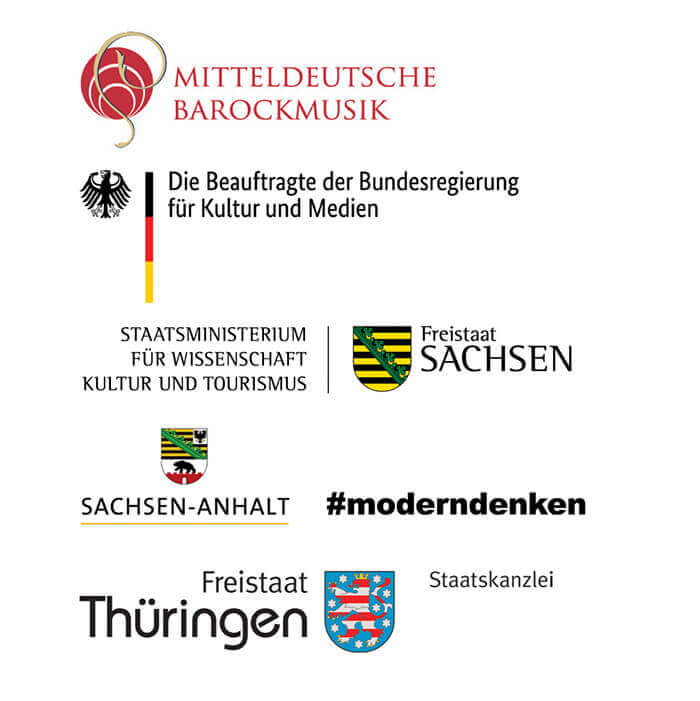As part of the Bachfest Leipzig 2023 “BACH for Future”, a musicology conference on the replacement of the Thomaskantorat in 1723 and the history of the Protestant church cantata around 1720 took place from 15 to 17 June.
The year 2023 marks the 300th anniversary of what was probably the most momentous change of office in the history of the Thomaskantorat in Leipzig. With the death of Johann Kuhnau († 5 June 1722), the city council found it necessary to fill the most important municipal music directorship in central Germany. The significance of this decision can hardly be overestimated. After Georg Philipp Telemann, Johann Friedrich Fasch and Christoph Graupner withdrew their applications for various reasons, the way was clear for Johann Sebastian Bach, whose artistic work still has a decisive influence on the definition of the Thomaskantorat.
The processes of filling the post have been analysed and interpreted again and again from various perspectives. Nevertheless, many questions still remain unanswered. In addition, the change of position is paradigmatic for an important caesura in the history of the Protestant church cantata that has hardly been considered so far. Johann Sebastian Bach decided at the beginning of his career to perform almost exclusively his own newly created works; the works of his predecessor were thus relegated to the sidelines. Georg Philipp Telemann made a similar decision in 1721 when he took up the post of music director in Hamburg, as did Johann Friedrich Fasch and Gottfried Heinrich Stölzel when they took up their posts as Kapellmeisters in Zerbst and Gotha. With this development, the genre of the so-called madrigal church cantata entered a new phase.
The conference was organised by the Bach Archive Leipzig together with the Musicology Department of the Institute for Music, Media and Speech Studies at the Martin Luther University Halle-Wittenberg and the Musicology Department of the Institute for Art History and Musicology at the Johannes Gutenberg University Mainz, will take a closer look at the briefly outlined range of topics.
The conference was also offered as a digital session via Zoom. Furthermore the conference was live-streamed on YouTube. You can find the recordings of the individual conference days under the following links:

Sponsored by Mitteldeutsche Barockmusik e.V. and by the Fritz-Thyssen-Stiftung .
Funded by the Mitteln der Beauftragten der Bundesregierung für Kultur und Medien, co-financed by tax funds on the basis of the budget passed by the Saxon State Parliament, supported by the SStaatskanzlei und das Ministerium für Kultur des Landes Sachsen-Anhalt und die Staatskanzlei des Freistaates Thüringen – The Minister for Culture, Federal and European Affairs.